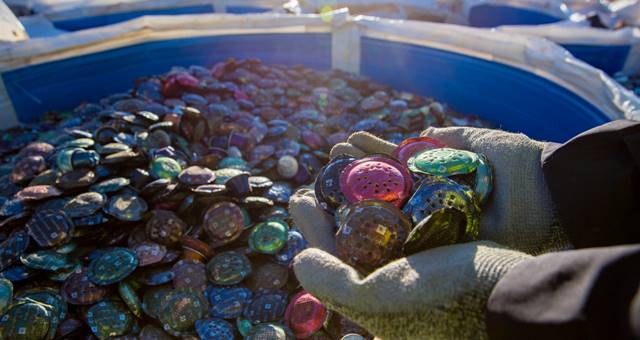
Spice talks to Peter McRae from Platinum Freight Management about how to save money on importing for events.
While the cost of manufacturing product and displays abroad may sit better with the bottom line for your events, budget and resources can be easily lost in unexpected or unknown importing taxes, fees and logistics.
1. Know the costs and budget for them
Importing goods into Australia attracts a number of standard fees and taxes before there is even a hiccup. Budget for the cost of goods, overseas customs clearance, freight to Australia (air or sea depending on your timeline), insurance, Australian Customs clearance, duty, GST, DAFF (Department of Agriculture, Fisheries and Forestry) requirements including fumigation, airline terminal fees or sea freight port fees, delivery to your premises. If your supplier has given you a price for the goods and the shipping to Australia, this does not mean that the port/terminal charges in Australia have been included. Port/ terminal charges in Australia are calculated by the kilograms and cubic measurements.
2. Avoid cargo storage charges
Every shipment that arrives into Australia is subject to terminal fees (for air freight shipments) or port charges (for sea freight shipments) if the import gets held up passing through Australian Customs or quarantine which is all too common and can be for something as trivial as incorrect data on paperwork or a long weekend proceeding their arrival. Air terminals generally charge a minimum of $48 to store air freight shipments, while sea freight depots ask up to $200 for the first day alone. So be diligent with all paperwork, have transport for the shipment ready to go on short notice, or engage a broker to pre-clear cargo before it hits our shores and save yourself unchartered expenses that will keep adding up by the day.
3. Look for ways to save
You look for the best deal when buying or manufacturing the stock, down to the last cent, so look to squeeze every cent out of taxes and delivery should be just as important. Pre-clearing to avoid storage fees in Australian ports/ terminals is just one way to save. Others include capitalising on preferential rates of duty according to Free Trade Agreements and other international agreements. This can save thousands. Form a relationship with a transportation service you can trust. Logistics is expensive and time-consuming. Unreliable transportation will also hike up other fees such as storage in figures of up to thousands of dollars. So, the cheapest original quote might not be so when all is accounted for.
4. Know Australian border protection requirements
If your shipment contains anything with timber, including furniture, fumigation before entry to Australia is far cheaper and means no unexpected delays on entry. If stock is packed on pallets, crates or packing cases made from timber, DAFF standards must be met. Know the requirements, negotiate them with your supplier and get it in writing from them to avoid dealing with (and paying for) treatment and/or disposal of packaging in Australia.
5. Maintain open communication with overseas suppliers
Engage suppliers you can trust. Check they communicate openly and problem-solve collaboratively with you. Ensure they can meet all Australian importing standards and requirements. Meet with them if you can – Skype or in person if budget permits. The old adage ‘under-promise and over-deliver’ has never been more important than for events importing. There are so many costs to account for, extra charges to be prepared for and timing issues to react to immediately, that it is critical to build extra time and cost into your budget, and to be precise in your planning and import management. The more imports you do, the more you will learn and the more areas you can find to save.





